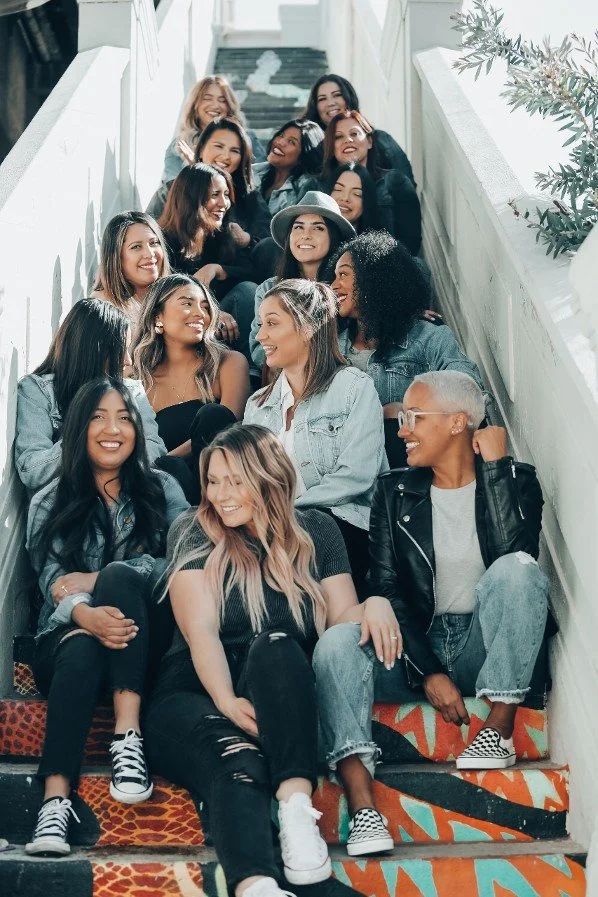How To Become An Ally And Be Culturally Competent
Perhaps you’re a therapist who works with diverse clients, and you worry that you’ve let some of your clients down because of blind spots when it comes to racism and cultural differences. Or maybe you lead group therapy for people from very different backgrounds, and you want to become a better leader for the sake of all of the participants, not just those who share your culture or share similar identities as you.
If you work in the mental health field, it’s important to act as an ally and advocate for your clients who may face discrimination for the color of their skin, their nationality, their gender identity, sexuality, lifestyle, or their culture. But allyship and cultural competency don’t always come naturally! Here’s how leaders can practice allyship and deepen their knowledge of other cultures.
Taking Accountability
First, it’s important to get comfortable with taking accountability. Acknowledging that you have a responsibility to become a genuine ally and gain cultural competency is a step in the right direction. This means owning your missteps and shortcomings in this area and making a commitment to progress and growth for the sake of your clients. At times, it might mean reflecting on your past mistakes and learning about how you can avoid the same missteps in the future.
Consider Working With A Consultant
In some cases, working with a cultural competency consultant can be the right move! A consultant can apply different therapeutic modalities to help you address your own unconscious biases, identify the roots of those beliefs, recognize when they come up and gradually unlearn them. Furthermore, they can walk you through new strategies that you can implement in sessions with your clients. This enables you to better relate to clients from diverse backgrounds and be effective in supporting them.
Internal Family Systems Therapy
Internal family systems therapy can be a powerful framework for untangling your own biases. A consultant may use this framework to help you identify biased beliefs that you hold now, or that you believed in the past. You’ll also have the chance to explore where these beliefs came from.
For example, you may have been influenced by biased views held by your family members or the broader community where you grew up, or dominant culture. Sometimes, we pick up these biases because of the way our society teaches us about our nation’s history. But by learning to catch ourselves when these beliefs emerge and shifting our perspectives and ways of relating to them, you can form healthier, more supportive professional relationships with your clients.
Somatic Abolitionism
A consultant might also use a technique called somatic abolitionism. Somatic Abolitionism is an embodied anti-racist practice created by Resmaa Menakem. With this method, your consultant will help you identify the physical sensations that you experience -- what you are holding in your body when your biases are activated. These biases can be a result of your life experiences, intergenerational trauma, historical trauma, and the influence of dominant culture. By addressing the mind-body connection through somatic abolitionism, you can shift your body’s relationship when reactivity, defensiveness, and body sensations emerge. Through this process, you’ll gain more capacity to stay present, and connect with clients from a place of sensitivity and humility.
Handle Discomfort With Grace
A dedication to allyship means handling discomfort with grace. When you’re working with clients who come from cultures you’re unfamiliar with or embody identities different from your own, you’ll inevitably face moments when you realize the limits of your own knowledge. You may feel like you’ve said or done the wrong thing. You may not know how to repair or navigate through your own reactions to the situation. All human beings make mistakes sometimes. Part of being an ally means owning up to those mistakes and committing to the learning process. Shying away from discomfort won’t serve you or your clients in the long run, but facing discomfort with grace will.
—
Are you interested in becoming a better ally? Working with a cultural competency consultant can help. Reach out to learn more about scheduling your first session.

